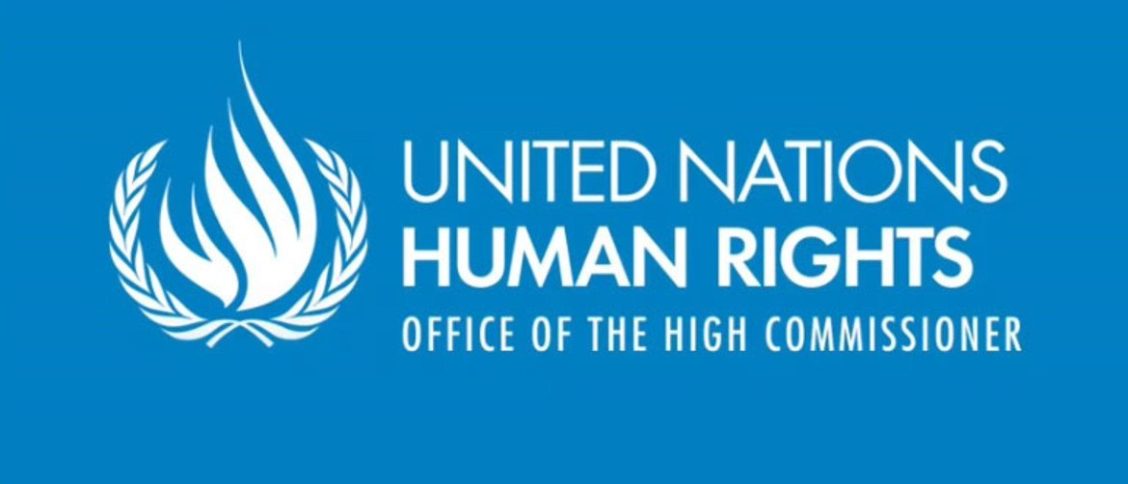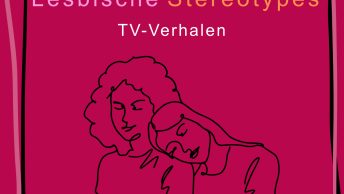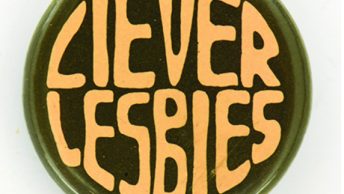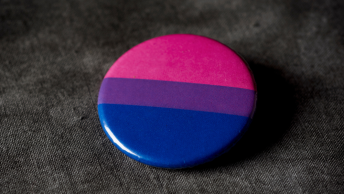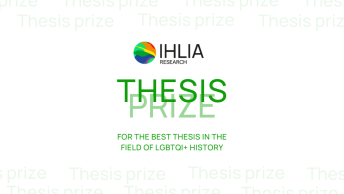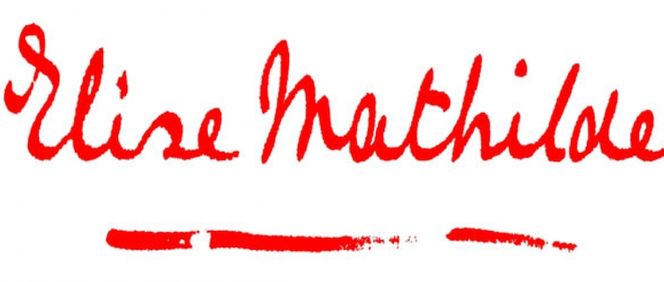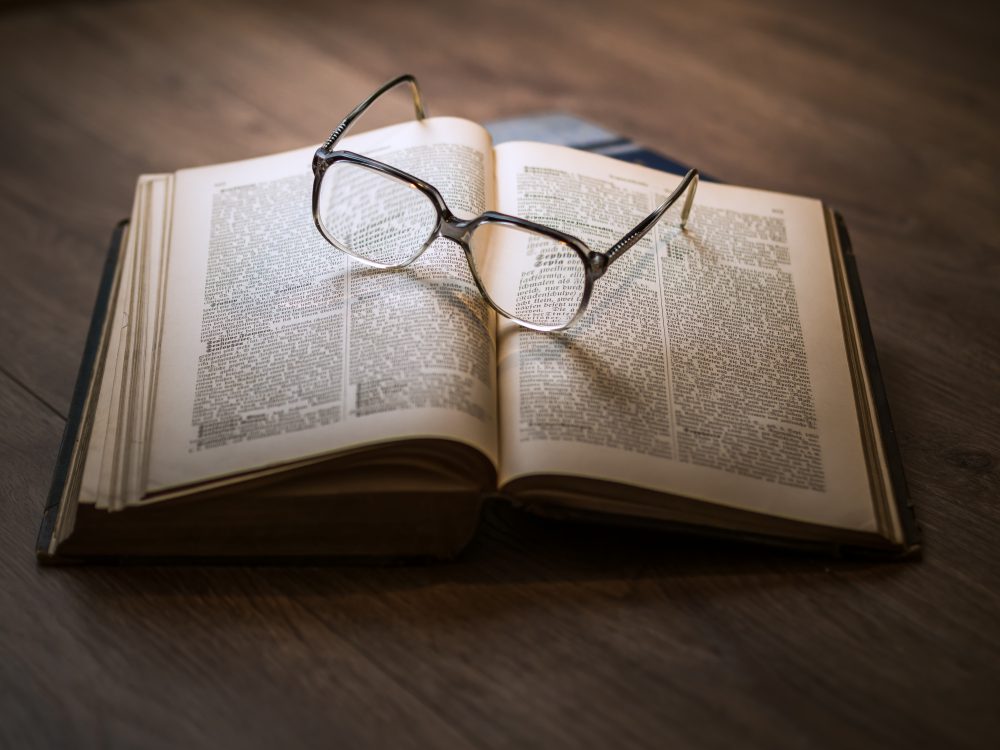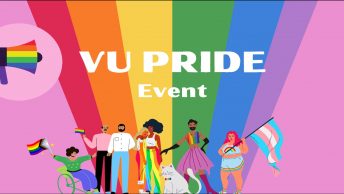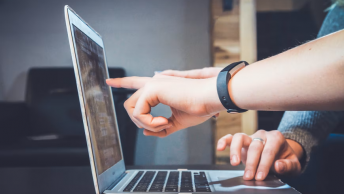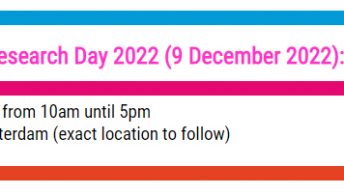The Independent Expert on protection against violence and discrimination based on sexual orientation and gender identity (IE SOGI), Mr. Victor Madrigal-Borloz, will dedicate his report to the 78th session of the United Nations General Assembly to the issue of the historic and ongoing impacts of colonialism on the enjoyment of human rights by lesbian, gay, bisexual, trans and gender diverse (LGBT) persons.
The report will examine the past and present colonial regulation of sexual orientation and gender identity through laws, policies and practices, and how such regulation continues to impact the lives of LGBT persons, including through layers of cultural influence and social mores on concepts of gender and sexuality. This report will also explore the legal grounds and means available to reckon with the legacies of colonialism in the enjoyment of human rights by all people, including LGBT persons and communities. Finally, the report will account for the different legal or policy measures that have been adopted to recognize and provide reparation and redress for the impacts of colonialism on regulation of sexual orientation and gender identity at the regional or national levels.
Call for Inputs
The Independent Expert invites all interested States, civil society organizations, academics, international organizations, national human rights institutions, activists, corporations, and others, to provide written inputs to the following questions for his thematic report. Inputs are welcome in relation to particular practices in States or territories, as well more general inputs concerning regions or the international community as a whole.
The following questions are meant to guide the formulation of inputs. It is only necessary to address those in relation to which evidence is available.
- Did the imposition and/or enforcement of colonial laws or policies on sex, gender and sexuality change pre-colonial treatment of sexual orientation and gender identity? What historical or anecdotal evidence is there available about the treatment of gender and sexual diversity before past or present experiences of colonization?
- What laws, policies, and practices regulated or influenced the shaping of or the socio-normative perception of sexual orientation and gender identity in colonial times? How were they introduced, promoted, administered or enforced? Examples could include prohibition of certain sexual acts, but also regulation of sexual or gender identities and expressions (such as bans on cross-dressing).
- What colonial laws regulating sexual orientation and gender identity are still in place today? How are they enforced? How are they being interpreted by national jurisprudence and customary law? What legal, moral, or socio-cultural explanations have been provided, if any, for their continued existence?
- How, if at all, has the protection against violence and discrimination based on sexual orientation and gender identity been transformed and positively or negatively impacted by processes of decolonization?
- If no longer in place, when were colonial laws regulating sexual orientation and gender identity repealed? In what pretext were they abolished and what was the rational/explanation for their abolishment?
- How has the legal and social regulation of gender, sexual orientation and gender identity been relevant for imposing and maintaining colonial power?
- What is the ongoing impact of gender- and sex-regulating colonial laws on the enjoyment of human rights by LGBT persons? How did the imposition of colonial laws on sex and gender shape social and moral ideas about sexual orientation and gender diversity?
- Was there a relationship between colonial laws and policies that created unequal treatment and power relations affecting LGBT persons, paving the way to intersecting forms of discrimination, exclusion, racism, xenophobia and related intolerance, patriarchy, and other forms of discrimination and oppression? How did these laws and policies impact persons with multiple and intersecting identities such as LGBT persons with disabilities, older LGBT persons, LGBT children, LGBT persons of African descent, among others.
- Have any laws, policies, or psycho-social support or legal remedies been put in place to recognize and provide reparations and redress for the legacy of colonialism in relation to the enjoyment of human rights? Do these take into account violence and discrimination based on sexual orientation and gender identity?
- How, if at all, should reparatory justice for the lasting consequences of colonialism include measures to address discrimination and violence based on gender, gender identity and sexual orientation?

